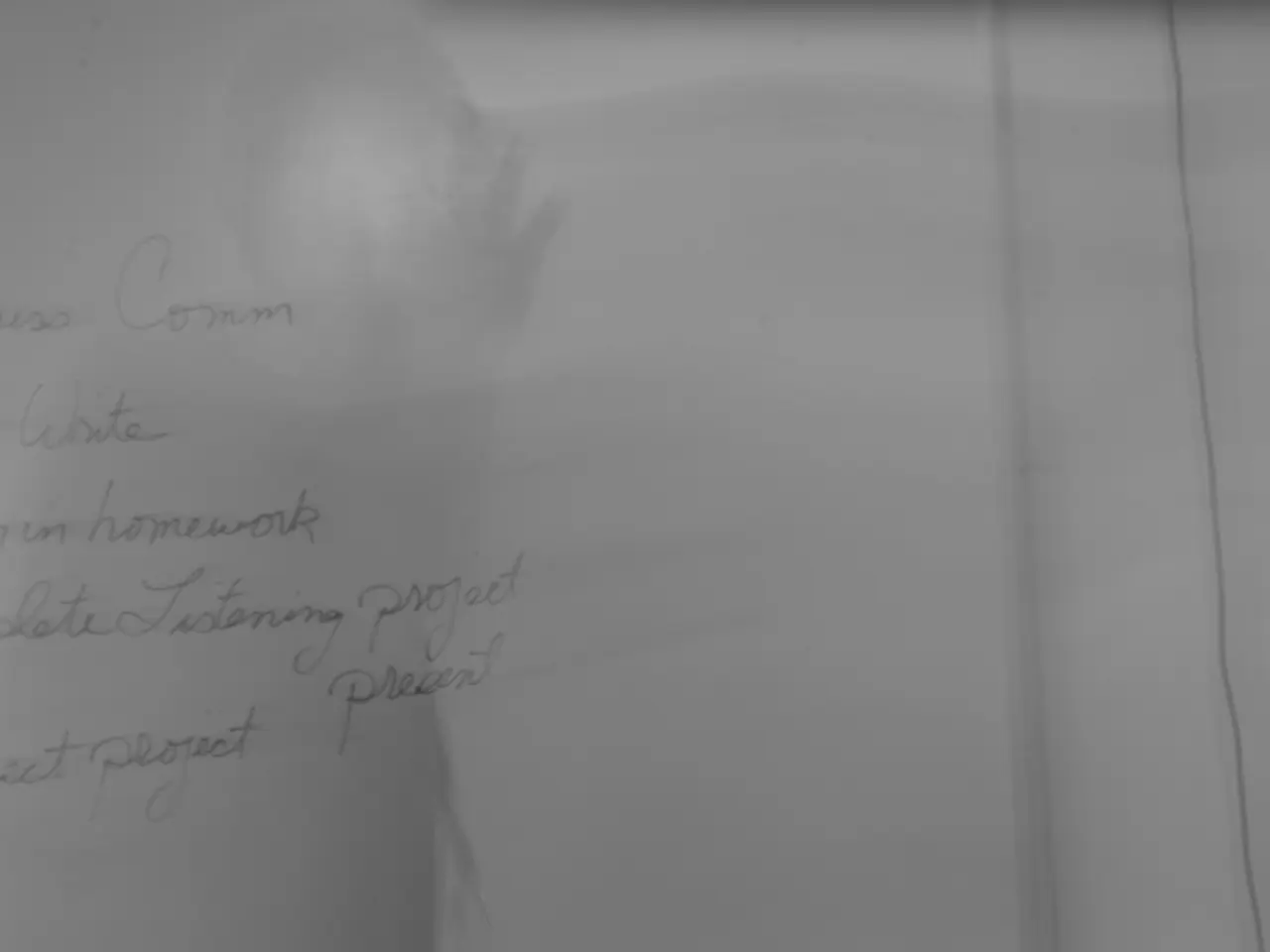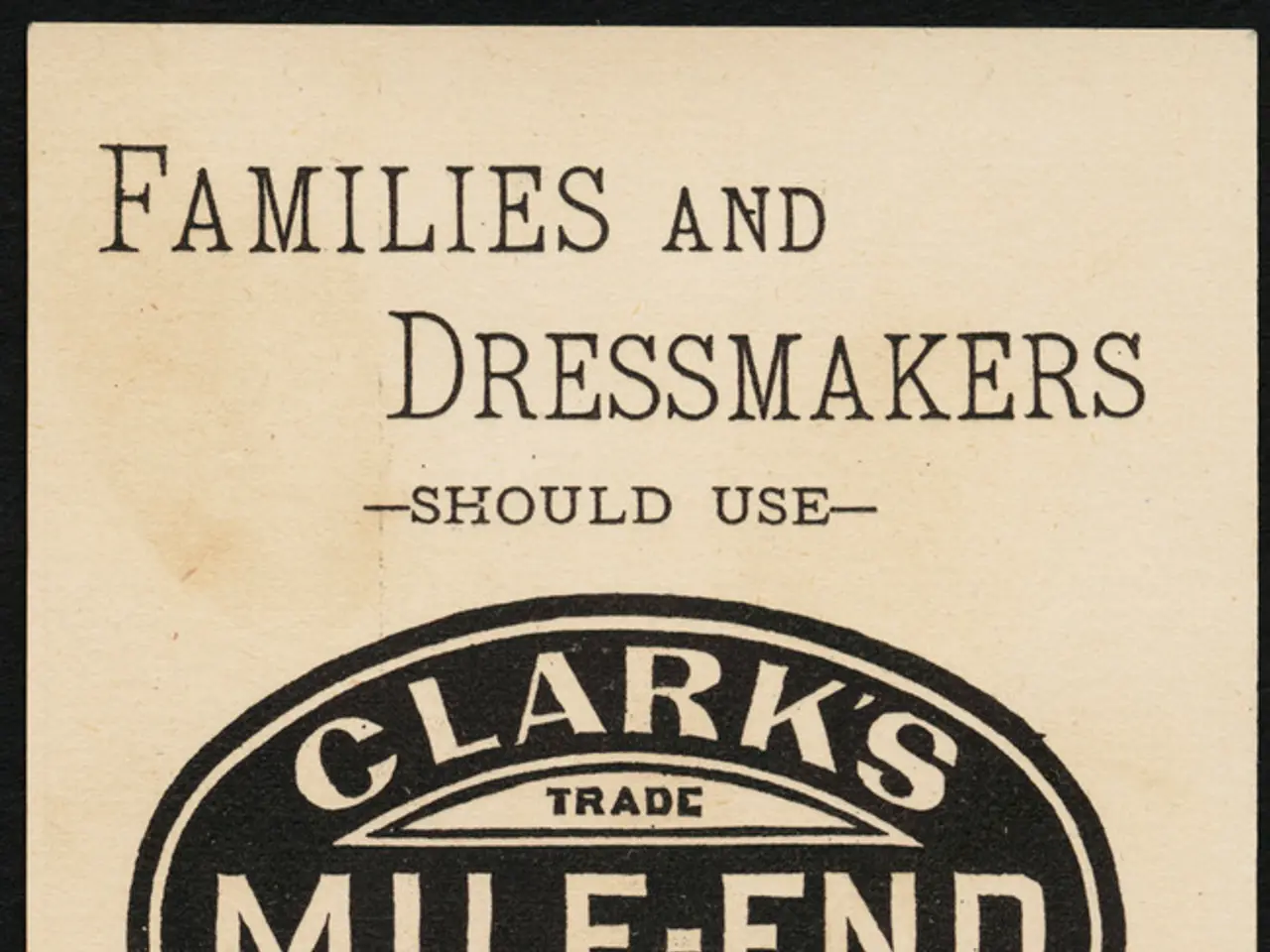Obscuring Digits: Hiding Numerical Information
In a surprising turn of events, Stefan Koerzell, a member of the DGB federal board and chief negotiator in the Minimum Wage Commission, has called into question the core demand for a minimum wage of 15 euros. This move has sparked controversy, particularly among the left, as the recent minimum wage increase falls short of the demanded amount and is even below the poverty line.
Last Friday, the minimum wage was increased, but the decision falls 40 cents short of the demanded amount. Koerzell's statements, however, suggest that this increase lays the foundation for a poverty-proof minimum wage. Critics argue that Koerzell may be twisting the numbers to the detriment of employees, a tactic that is often used by business associations to lobby against the minimum wage.
Koerzell's stance contradicts scientific studies, including those by economists close to the trade unions. The exact details and arguments behind his contradictory stance are not fully clear, but the implications for the credibility of trade unions and employees in the low-wage sector are significant.
When a leading union figure contradicts established scientific studies, it can raise questions about the reliability and consistency of union positions. This may weaken public trust in unions as advocates who rely on rigorous analysis to support workers’ interests. Moreover, such contradictions might cause internal confusion among union members and dilute the unions’ negotiating position with employers and policymakers.
For employees in the low-wage sector, union credibility is vital for effective representation and negotiation. Questioning scientific consensus could undermine employees' confidence that their unions advance their best interests grounded in factual understanding of economic impacts. Given the DGB’s role and Koerzell’s position, his statements could potentially diminish the perceived legitimacy of trade unions' advocacy on minimum wage issues and affect their capacity to protect and represent low-wage workers effectively.
The SPD, along with the DGB, made the increase in the minimum wage to 15 euros a major election campaign issue and succeeded in including it in the coalition agreement. However, the recent minimum wage increase does not meet this demanded amount, putting the SPD under pressure from the left.
As the debate continues, it is crucial for all parties involved to prioritise evidence-based advocacy and transparency to ensure the best interests of low-wage workers are protected and their confidence in the unions remains unshaken.
In the context of the ongoing debate, the policy-and-legislation aspect of politics regarding minimum wage is under scrutiny, particularly in the light of general-news reports. Koerzell's stance, questioning the core demand for a minimum wage of 15 euros, has raised questions about the reliability and consistency of union positions, possibly weakening public trust in unions and undermining employees' confidence.






